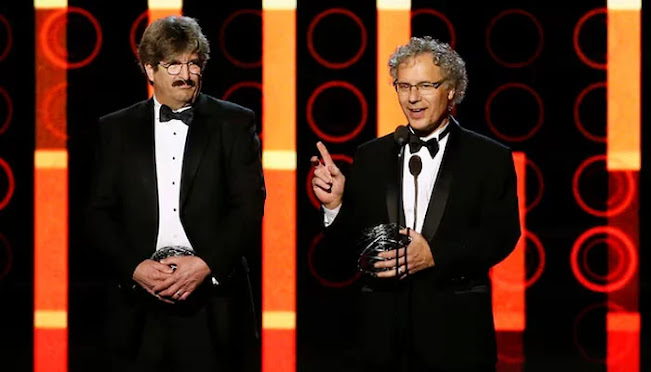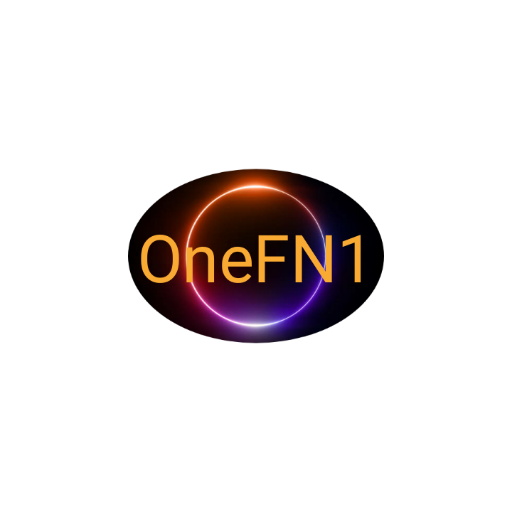Victor Ambros and Gary Ruvkun have won this year’s Nobel Prize in physiology or medicine for their work on the discovery of microRNA, a fundamental principle governing how gene activity is regulated.
The Nobel Prize committee announced the prestigious honor, seen as the pinnacle of scientific achievement, in Sweden on Monday, October 7.
It praised the American biologists’ “groundbreaking discovery,” which the committee said “revealed an entirely new dimension to gene regulation.”
Ambros and Ruvkun discovered microRNA, a new class of tiny RNA molecules (nucleic acids essential for most biological functions) that are essential for gene regulation.
The discovery helped to reveal that the human genome codes for over 1,000 microRNAs.
Ambros, a professor of natural science at the University of Massachusetts Medical School, conducted the research that earned him the prize at Harvard University. Ruvkun conducted his research at Massachusetts General Hospital, and is a professor of genetics at Harvard Medical School.
In their early work, the pair studied the genetic make-up of a tiny 1 millimeter-long roundworm, C. elegans. Despite its small size, this worm possesses many specialized cell types, such as nerve and muscle cells, that are also found in larger, more complex animals, making it a useful model for investigating how tissues develop and mature in multicellular organisms.
“The information stored within our chromosomes can be likened to an instruction manual for all cells in our body. Every cell contains the same chromosomes, so every cell contains exactly the same set of genes and exactly the same set of instructions,” the committee said in a statement, detailing the duo’s work.
And yet, different cell types – such as muscle and nerve cells – have different characteristics. The two biologists have spent their careers investigating how these differences arise.
“The answer lies in gene regulation, which allows each cell to select only the relevant instructions. This ensures that only the correct set of genes is active in each cell type,” the committee said.
Last year, the prize was awarded to Katalin Karikó and Drew Weissman for their work on MRNA vaccines, a crucial tool in curtailing the spread of Covid-19.
The prize carries a cash award of 11 million Swedish kronor ($1 million).
OneForumNews1


.jpg)
















0 Comments